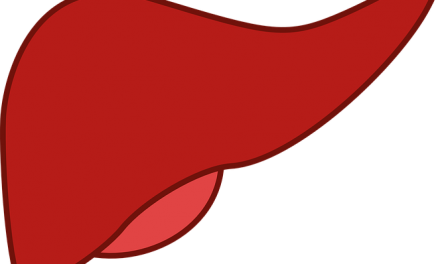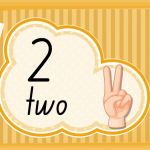Type 1 diabetes is an autoimmune condition where the pancreas stops producing insulin. In early type 1 diabetes, there is often a ‘honeymoon phase’, where the pancreas is temporarily able to continue producing some amount of insulin. Many approaches have been investigated to see if the honeymoon phase can be prolonged, such that the person with new type 1 diabetes may be able to use less or no insulin for a period of time before the pancreas stops producing insulin completely.
In a recent Correspondence paper in the New England Journal of Medicine, authors report their experience with semaglutide (Ozempic) prolonging the honeymoon phase in 10 people with new onset type 1 diabetes, which has received widespread media attention.
Patients were age 21-39 years, with a diagnosis of type 1 diabetes made within the prior 3 months. Mean A1C (diabetes report card) at the time of diagnosis was 11.7%, with a fasting C-peptide (a marker of insulin production) of 0.65 ng/mL (0.2 nmol/L). All patients were treated with standard basal (long acting) and mealtime insulins. Semaglutide (trade name Ozempic) was started at a low dose and gradually increased up to a maximum dose of 0.5mg weekly. Within 3 months, none of the patients were needing mealtime insulin, and by 6 months, seven patients were no longer needing basal insulin. The mean A1c one year after starting treatment with semaglutide was 5.7%, with an excellent time in range of blood sugars of 89%, and an increase in fasting C-peptide to a mean of 1.05 ng/mL (0.35 nmol/L). As the semaglutide was titrated upward, there was some mild hypoglycemia (low blood sugars) seen, but there was no hypoglycemia after dose stabilization, nor any diabetic ketoacidosis.
This retrospective analysis is interesting, in that it suggests that semaglutide may help to prolong the honeymoon phase of early type 1 diabetes. I agree with the authors that prospective, randomized trials with much larger numbers of patients would be required to investigate this further.
It is really important that this very preliminary finding is not misinterpreted to suggest that people with type 1 diabetes can or should start treatment with semaglutide and expect to come off of insulin treatment. This study was done in the first few months of a type 1 diabetes diagnosis, in patients who still had some residual insulin production, and these patients were rigorously monitored by their doctors. Insulin is a hormone that is essential for life, and for people with type 1 diabetes who do not make any of their own insulin (which is almost all people with type 1 diabetes), stopping insulin would result in becoming critically ill in a matter of hours to a couple of days.
While semaglutide has not been studied in clinical trials of people with type 1 diabetes and is not approved for use in type 1 diabetes, it is sometimes used off label in people with type 1 diabetes who also have obesity, in addition to insulin. In these cases, semaglutide (based on clinical experience in Canada and globally) can help to lower weight, reduce insulin resistance and insulin needs, and can help to reduce glycemic variability (keep sugars more stable).
BOTTOM LINE: The finding in this small handful of patients with very early type 1 diabetes (who still make some of their own insulin) that semaglutide may prolong the honeymoon phase of type 1 diabetes is exciting and deserving of further study. This finding must not be misconstrued as evidence for people with type 1 diabetes to try starting semaglutide and stopping their insulin, as this would be life threatening for nearly all patients with type 1 diabetes.
Disclaimer: I receive honoraria as a continuing medical education speaker and consultant from the makers of semaglutide (Novo Nordisk).
Share this blog post using your favorite social media link below!
Check me out on twitter! @drsuepedersen
www.drsue.ca © 2023












